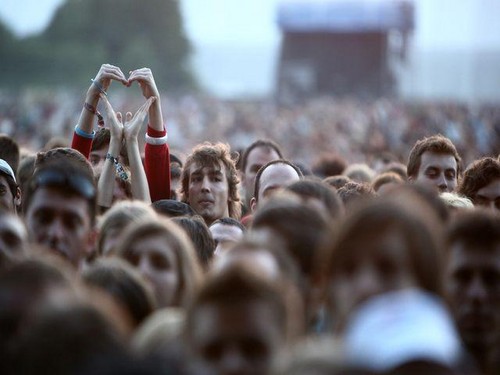The Bystander Effect: Why People Don’t Help In a Crisis
A bystander effect experiment: Using bystander effects and examples, Sarah Cunningham explores why people don't always help in a crisis.
What is the bystander effect? The definition of bystander effect or bystander effect psychology, is when people fail to intervene to help another human in an emergency scenario. Diffusion psychology...
Surround Yourself With Good People…and Their Words.
Sometimes the Internet and Social Media and even makeup build a fake reality. But all the while there are people like this who are smart and wise enough to pause this machine called life and really think.
Friendship as Sacrament – More Quotes About Friendship
God is not only a personal God who is deeply involved in each individual life, but he is also interpersonal. He not only exists in me and in you, but also between me and you, in our relatedness to one another. The love we share in human relationships is part of the grandness of a God who cradles us tenderly in his all-loving embrace. Whenever pure, selfless love is shared, we experience God.
What Does Be Fruitful and Multiply Say About Friendship?
God, Genesis tells us, passed on his likeness to human beings. He put some characteristics of God in us. And thus, some of what is in us is also in God.
Mind-blowingly, we share some percentage of image or makeup with God himself.
As follows, there is likely some theological weight in being imprinted with bits of God. If we really pause to think this through, it's almost as if people are sacraments; that our very bodies are symbols of a spiritual reality. That in doing as God commanded Adam an Even--in serving as guardians, in clinging together in tribes, in distributing God's blessing--perhaps we even mirror little bits of God to each other.
That in knowing each other, perhaps we are able to know some of God.
Helping Kids Make Friends: What the Research Says
According to Rawlins, less sameness is required between nine and twelve years old. In this stage, kids begin to respond to each other's attitudes, beliefs, and values. They begin to be able to take in the perspective of others.





